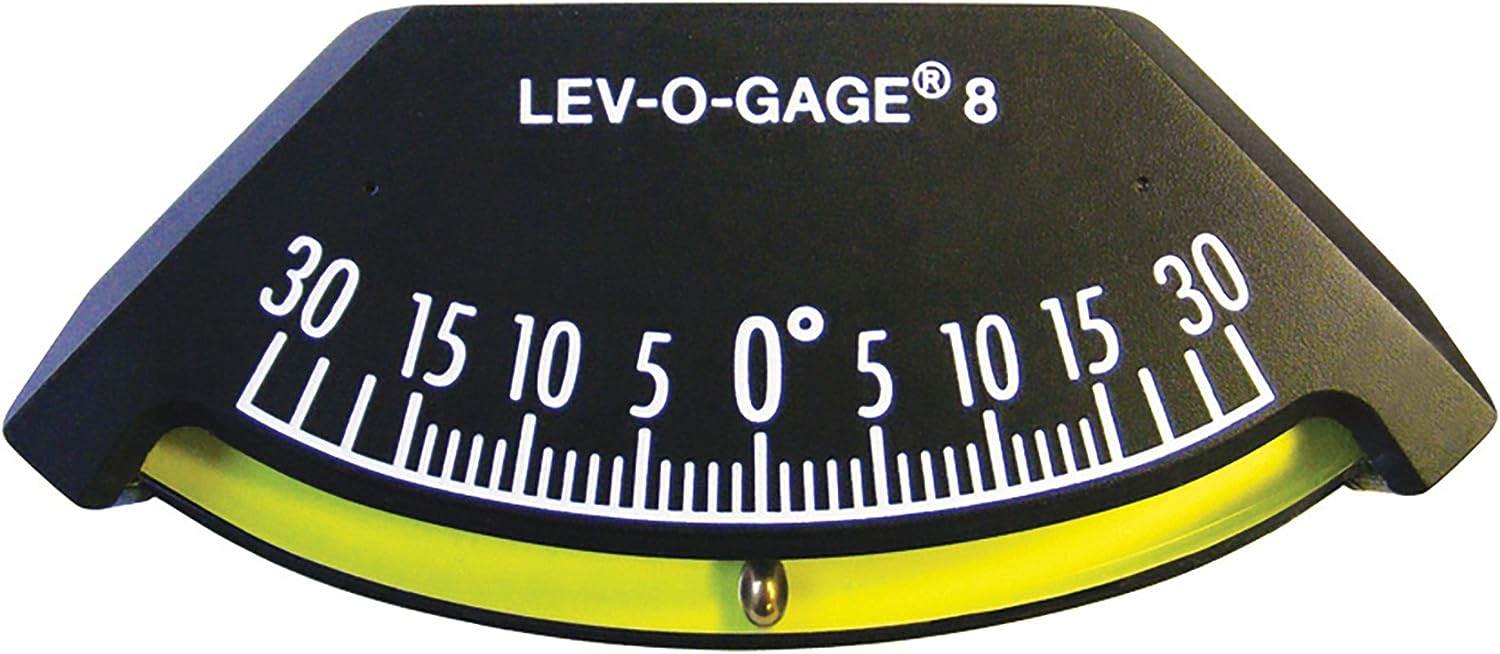I don't think you believed my comments! The machine I described could mow down 4" trees like they were weeds. I don't know what the upper end was for that machine, but I believe it was capable of gnawing up almost any size of tree with a bit of patience. Like the excavator mounted tree mulchers, it would just have to slow down more for bigger trees. The machine I described was probably quite comfortable on a 1:2 slope (26.6°) unless it was wet. It was also probably way out of your budget, which seems to be somewhat beside the point, as I have been unable to find such a machine on today's market. Like I said, this was many years ago.
You should understand too, that I have a long history of running wheeled machines on severe slopes. I think you might be surprised to learn that they can go almost anywhere the bulldozers can go, depending upon how they are configured. While it has always been very uncomfortable, I've been running normal farm tractors with the wheels set wide on slopes as steep as 1:2 (rise:run), the upper limit for installed grades on highway embankments. I once rolled a tracked bobcat down a slope my tractor would have been safe on, too, but that was an operator error.

If you go any steeper than 1:1, even the slope dozers are probably going to slide off the hill. I found this little tidbit of information regarding using dozers in fire control situations up in the mountains: "As a general guideline, dozers should not be operated across slopes (sidehill) greater than 45 percent (24°), uphill slopes greater than 55 percent, or downhill on slopes greater than 75 percent (36.8°) (see Figure 1)."
I think any tracked brush mulching machine you obtain will have similar restrictions.
When you finally get a machine, you might consider getting one of
these:
or


As you can see, they come in many configurations, too. I used to carry around a pocket transit and a 2x4. I could set the board on a hill and then measure the slope. Using that technique, I would know whether or not my machines could navigate the hill, or if I needed to make a different plan.

















